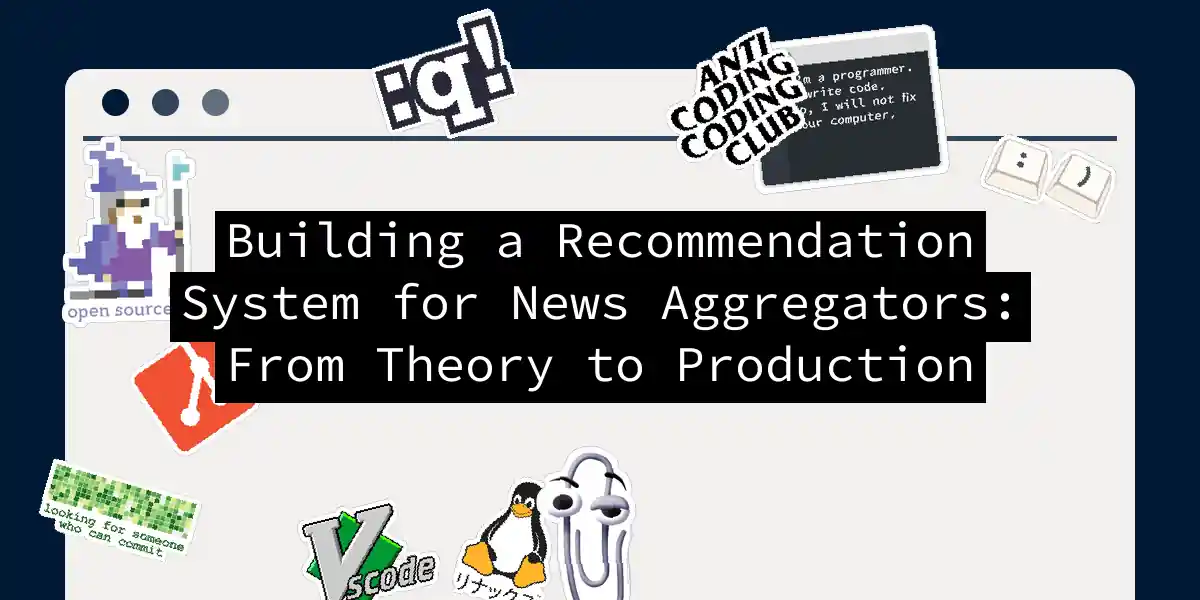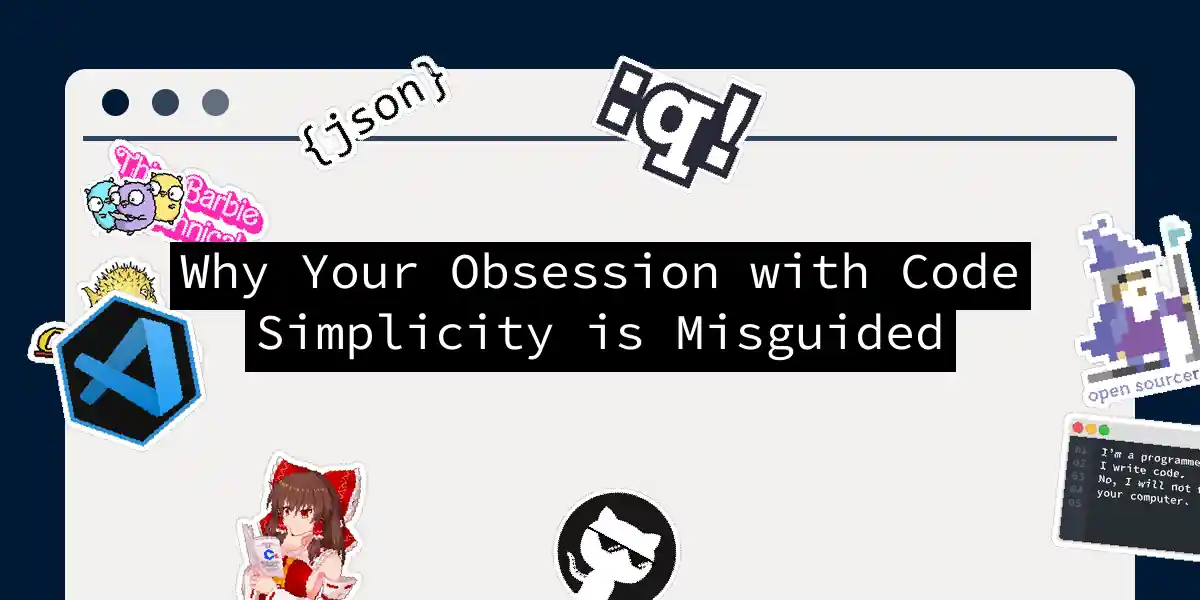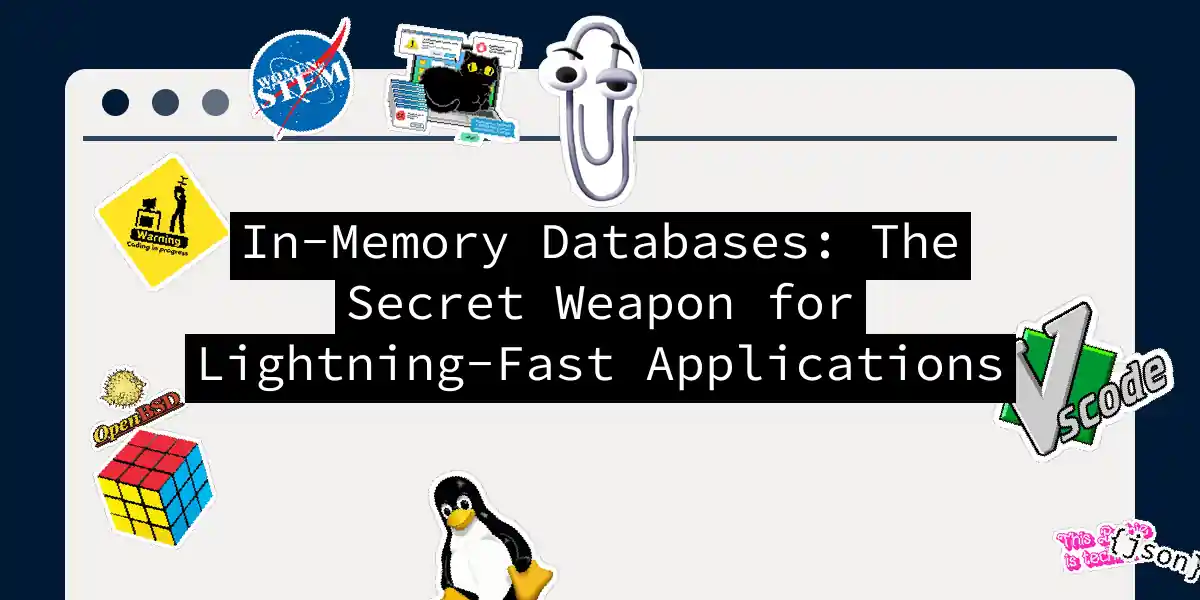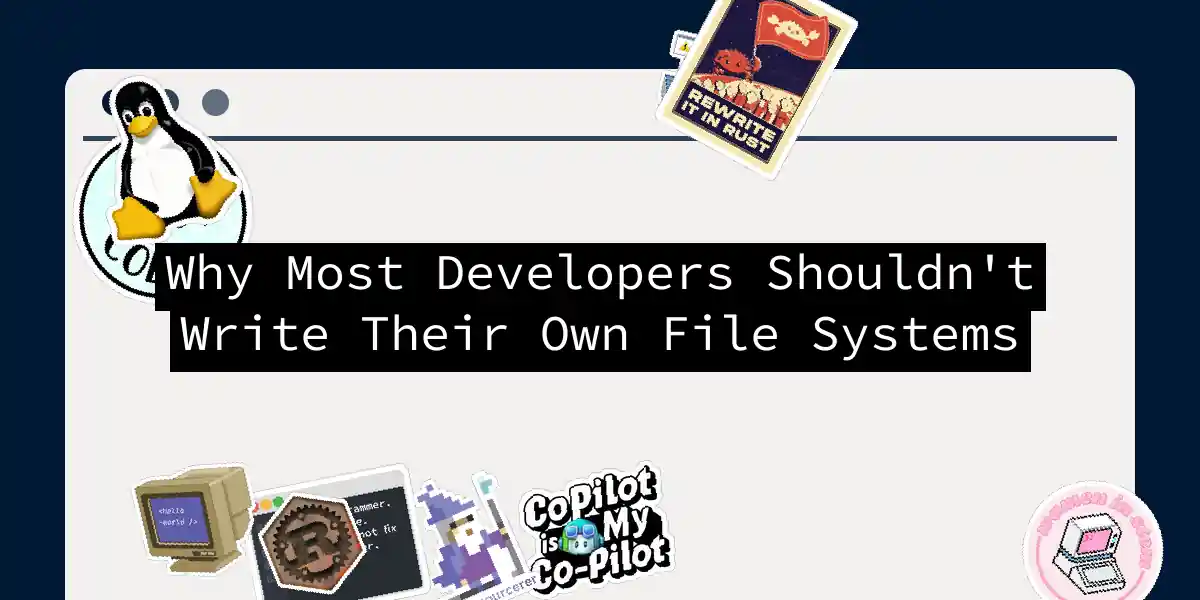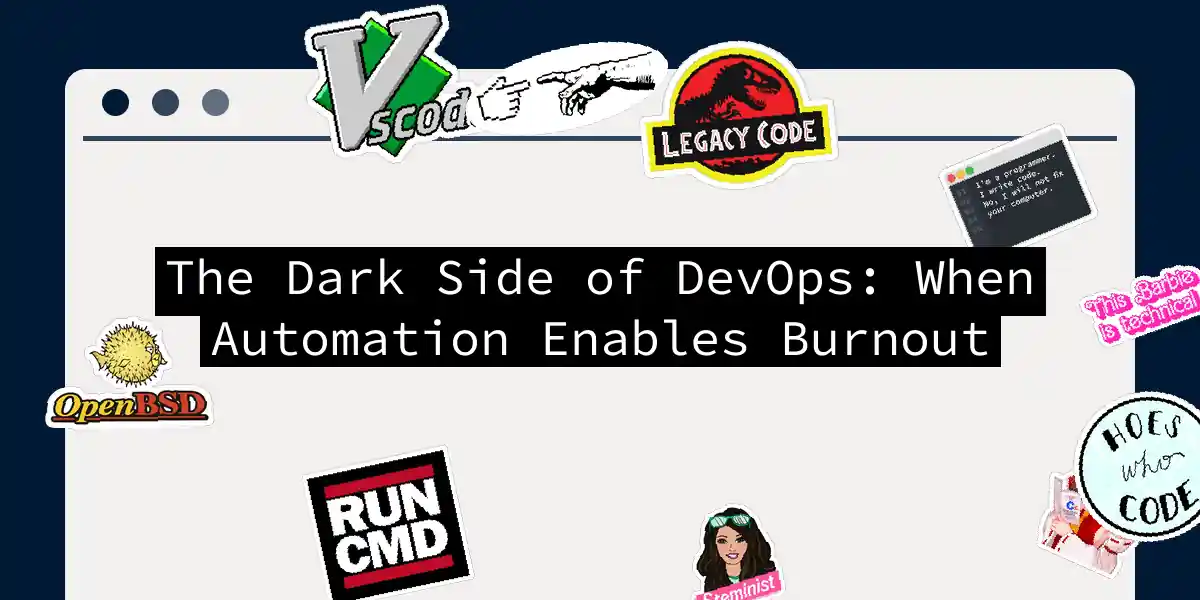
The Dark Side of DevOps: When Automation Enables Burnout
We’ve all heard the pitch: Automate everything, and your problems disappear. DevOps teams embrace this mantra with religious fervor, spinning up CI/CD pipelines, Infrastructure-as-Code templates, and monitoring systems that would make a mad scientist jealous. But here’s the uncomfortable truth that nobody wants to admit at tech conferences: automation didn’t save us. It just gave us fancier problems to stress about at 3 AM. The Automation Paradox: More Tools, More Chaos You know that feeling when you’re drowning in coffee and notifications?...
